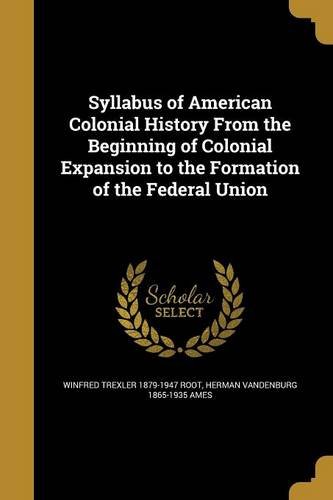State Documents on Federal Relations: The States and the United States; Number II., State Rights and the War of 1812; 1809-1815 (Classic Reprint)
(Excerpt from State Documents on Federal Relations: The St...)
Excerpt from State Documents on Federal Relations: The States and the United States; Number II., State Rights and the War of 1812; 1809-1815
Now the State of Louisiana lies without those limits; and on this distinction the whole question of constitutional right depends. The power, assumed by Congress, in passing this act for the admission of Louisiana, if acquiesced in, is plainly a power to admit new States into this Union, at their discretion, without limit of place or Country. Not only new States may be carved, at will, out of the boundless regions of Louisiana, but the whole ex tent of South America, indeed of the globe, is a sphere, within which it may operate without check or control, and with no other limit than such as Congress may choose to impose on its own dis cretion. here follows a detailed examination of the Constitution in refutation of the constitutionality of annexation and admission of new States.
About the Publisher
Forgotten Books publishes hundreds of thousands of rare and classic books. Find more at www.forgottenbooks.com
This book is a reproduction of an important historical work. Forgotten Books uses state-of-the-art technology to digitally reconstruct the work, preserving the original format whilst repairing imperfections present in the aged copy. In rare cases, an imperfection in the original, such as a blemish or missing page, may be replicated in our edition. We do, however, repair the vast majority of imperfections successfully; any imperfections that remain are intentionally left to preserve the state of such historical works.
https://www.amazon.com/State-Documents-Federal-Relations-1809-1815/dp/0266443877?SubscriptionId=AKIAJRRWTH346WSPOAFQ&tag=prabook-20&linkCode=sp1&camp=2025&creative=165953&creativeASIN=0266443877














